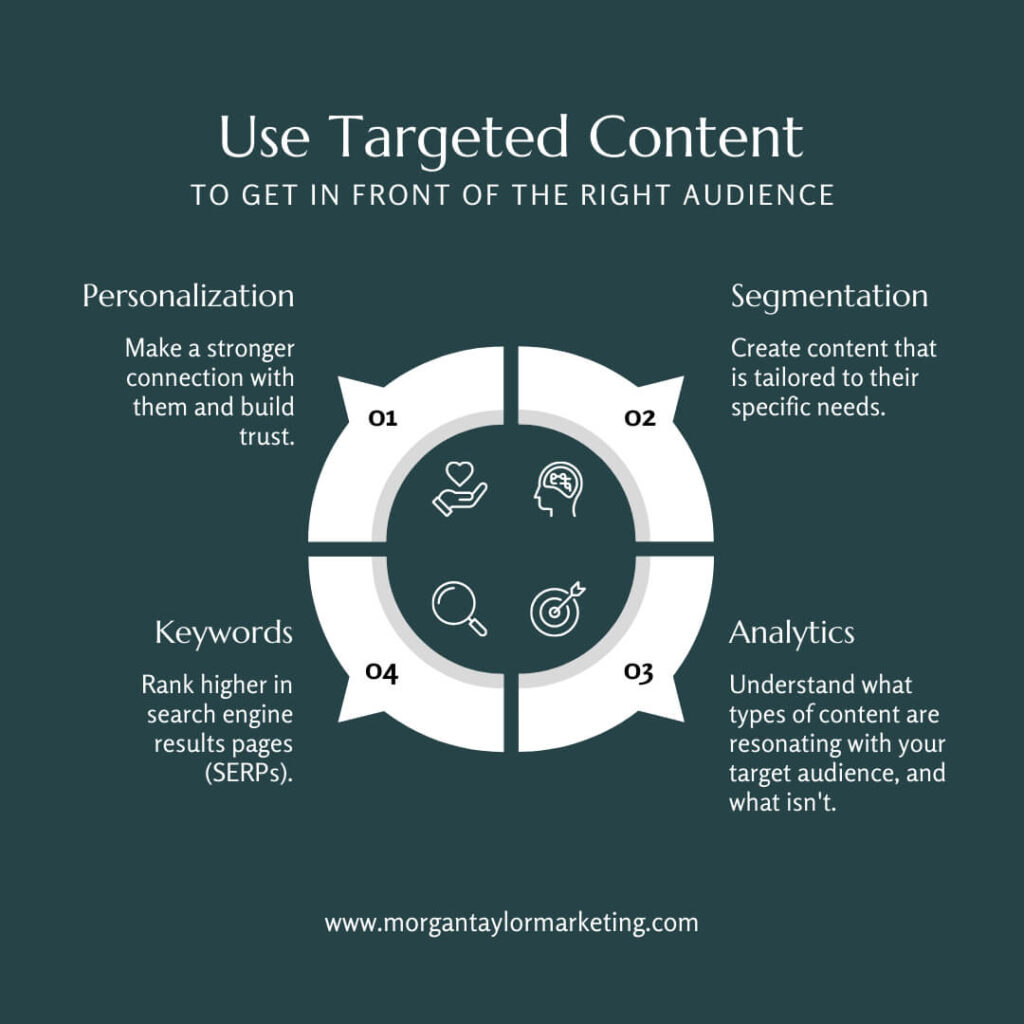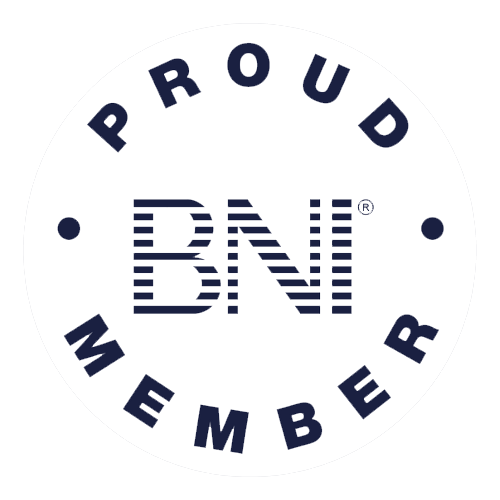Boost your confidence and competence as a professional. Learn the 10 essential skills that will empower your growth and pave the way for a successful career!
In today’s fast-paced and competitive professional landscape, the significance of developing essential skills cannot be overstated. As industries evolve and job requirements change, professionals need to stay ahead of the curve by continuously honing their skill sets. Empowering your skills not only enhances your proficiency in your current role but also opens doors to new opportunities and propels your career trajectory to new heights.
What are Professional Skills and Why Are They Important?

Professional skills, also known as soft skills or transferable skills, are personal attributes and abilities that individuals bring to the workplace. They complement technical skills and include qualities like effective communication, leadership, adaptability, and critical thinking.
So why are professional skills important? Here are a few key reasons:
- Enhance Employability: Employers value candidates who can not only perform the technical aspects of a job but also demonstrate strong interpersonal skills, problem-solving abilities, and a willingness to learn and grow.
- Promote Career Advancement: Employers often look for individuals who can lead teams, effectively communicate with stakeholders, and navigate complex challenges.
- Foster Effective Collaboration: Strong professional skills promote effective collaboration and teamwork. This fosters a positive work environment and contributes to overall productivity and success.
- Adapt to Change: Developing skills such as resilience, flexibility, and problem-solving enables you to navigate uncertainties and embrace change. These are not only to ensure your relevance in the workplace but also to position you as a valuable asset to any organization.
- Drive Personal Growth: Investing in the development of professional skills goes beyond career advancement. By continually enhancing your abilities, you become more self-aware, confident, and capable of taking on new challenges.
10 Essential Skills Every Professional Should Develop

1. Communication Skills
Effective communication skills are the cornerstone of professional success. They encompass both verbal and written communication. It allows professionals to convey their ideas, collaborate effectively, and build strong relationships with colleagues, clients, and stakeholders. Mastering the art of active listening enables professionals to understand others’ perspectives, gather relevant information, and respond appropriately. Developing clear and concise speaking skills ensures that your messages are understood and impactful. Exceptional written communication skills, including crafting persuasive emails and memos, are essential for conveying information professionally and persuasively.
2. Leadership Skills
Leadership skills are crucial for professionals at all levels, not just those in formal leadership positions. Inspiring and motivating others is a hallmark of effective leadership. Building strong relationships with team members fosters trust, encourages open communication, and enhances collaboration. Additionally, effective leaders excel in decision-making and problem-solving. They make informed decisions under pressure, analyze situations from multiple angles, and develop creative problem-solving techniques to overcome challenges.
3. Adaptability and Resilience
In today’s dynamic work environment, adaptability and resilience are essential skills for professionals. Embracing change in the workplace allows individuals to thrive in uncertain situations and seize opportunities that arise from disruptions. Flexibility becomes a key attribute, enabling professionals to adjust their strategies and approaches as circumstances evolve. Moreover, developing emotional resilience is crucial for managing stress and pressure effectively. It involves recognizing and regulating emotions, bouncing back from setbacks and failures, and maintaining a positive mindset in the face of challenges.
4. Time Management and Organization
Time management and organization skills are critical for professionals seeking to optimize their productivity and achieve their goals. Prioritizing tasks and setting goals to ensure that your efforts are aligned with your objectives. Effective time-blocking techniques help allocate dedicated time for different activities, reducing procrastination and increasing focus. Setting realistic and achievable deadlines creates a sense of urgency and ensures timely completion of projects. Streamlining workflow and productivity involves implementing efficient systems and tools, minimizing distractions, and maximizing efficiency.
See Related Blog Post: 10 Productivity Hacks for Effective Time Management
5. Critical Thinking and Problem-Solving
Critical thinking and problem-solving skills empower professionals to analyze information, evaluate options, and make sound decisions. Analytical thinking skills allow individuals to assess data and information critically, identify patterns and draw logical conclusions. It involves evaluating the validity and reliability of sources, making informed judgments, and considering multiple perspectives. Creativity and innovation are also crucial aspects of critical thinking. Thinking outside the box, generating innovative ideas, and proposing unique solutions to problems are skills that set professionals apart in today’s competitive landscape.
6. Networking and Relationship Building
Building professional networks involves expanding connections within your industry, attending conferences, joining industry-specific communities, and leveraging social media platforms. Nurturing meaningful professional relationships requires effective communication skills, including active listening and empathy. Building trust and collaboration with colleagues, mentors, and industry influencers opens doors to new opportunities, fosters career growth, and provides valuable support and guidance throughout your professional journey.
7. Continuous Learning and Self-Development
In a rapidly evolving world, continuous learning and self-development are vital for professionals to stay ahead. Embracing a growth mindset is the foundation for continuous improvement. It involves seeking opportunities for learning and growth, being open to new ideas and perspectives, and embracing challenges as opportunities for development. Seeking feedback and constructive criticism allows professionals to identify areas for improvement and refine their skills. Pursuing professional development opportunities, such as workshops, courses, and certifications, expands knowledge and enhances expertise. Staying updated with industry trends and innovations ensures professionals are equipped with the latest tools and techniques.
8. Emotional Intelligence
Understanding and controlling emotions in oneself and others are referred to as emotional intelligence. It plays a crucial role in building strong interpersonal relationships, resolving conflicts, and promoting a positive work environment. Developing self-awareness and self-management skills enables professionals to recognize and regulate their emotions effectively. Which can foster emotional resilience and self-control. Importantly, empathy and relationship management skills help professionals understand others’ emotions, connect on a deeper level, and navigate complex social dynamics with ease.
9. Digital Literacy and Technology Skills
Proficiency in digital tools and platforms, such as MS Office and G Suite, enhances productivity and enables efficient collaboration. Familiarity with project management and collaboration tools, such as Trello or Asana, streamlines workflows and improves team coordination. Moreover, cybersecurity and data privacy awareness are essential for protecting sensitive information and ensuring online security. Implementing best practices in online security minimizes the risk of cyber threats and data breaches.
10. Presentation and Public Speaking Skills
Engaging and captivating an audience requires the ability to create compelling presentations that convey information effectively and leave a lasting impact. Practicing effective delivery techniques, such as maintaining eye contact, using appropriate body language, and modulating voice can enhance audience engagement and conveys confidence. Moreover, overcoming stage fright and nervousness involves building confidence in public speaking, which can be achieved through practice, preparation, and positive self-talk. Handling Q&A sessions with grace and clarity demonstrates expertise and the ability to think on your feet.
Take Action. Empower Your Growth as a Professional!
To empower your growth as a professional, embrace the outlined essential skills. Additionally, set goals, seek learning opportunities, and practice these skills consistently. Remember, your professional journey is a continuous process of self-improvement and development. With dedication and perseverance, you can unlock your full potential and achieve remarkable success in your career.








